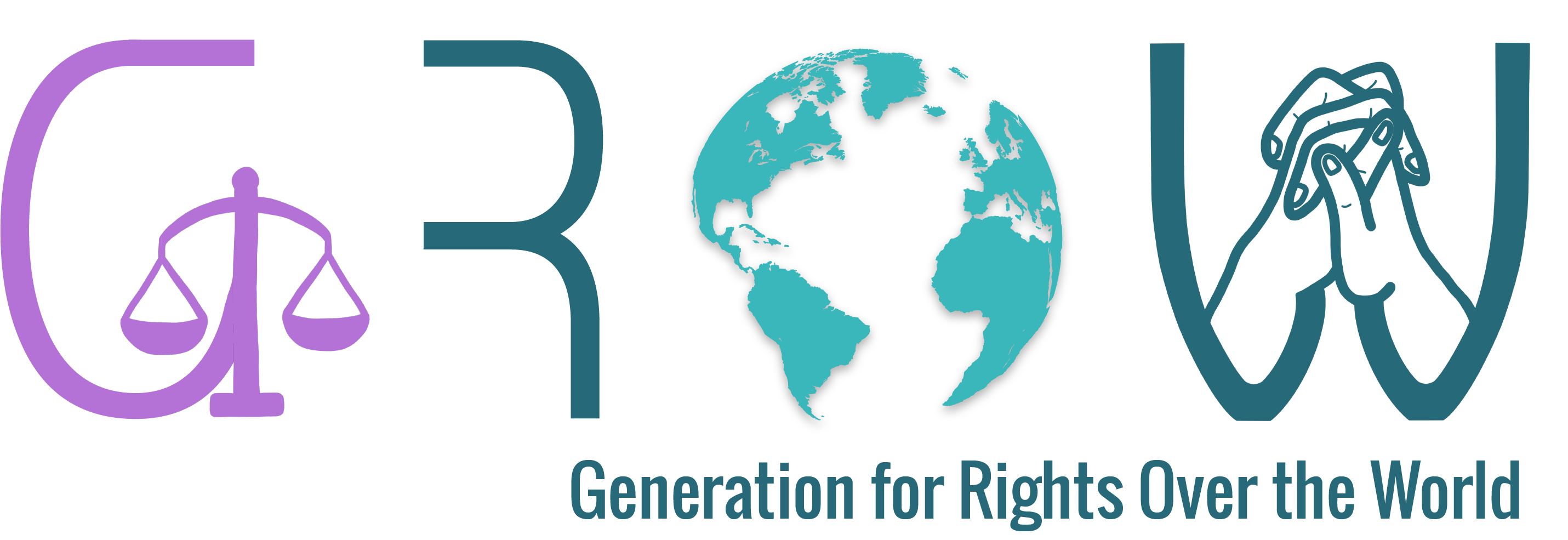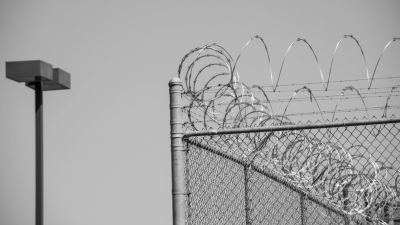Translated by Iman Seepersad
“Our social security number starts with the number two. Men’s numbers start with one. This is obviously no accident. We remain relegated to second place, inessential behind the essential.”
This is what Gisèle Halimi said, in the novel Une farouche liberté (A Fierce Freedom) by the journalist Annick Cojean, published on 19 August 2020. This novel, published posthumously, takes up the principles that animated Gisèle Halimi throughout her life and is a call to the next generation to fight for gender equality.

A rebellious childhood
Born on 27 July 1927 in La Goulette, Tunisia, Gisèle Halimi came from a poor, Jewish family dominated by the patriarchy. From childhood, she fought against this religious and patriarchal control. At the age of 10, she went on hunger strike for the right to read and study, and refused to kiss the mezuzah before going to school. At 16, she refused an arranged marriage and went to Paris to study law, becoming a lawyer in 1949.
Gisèle Halimi’s first steps as a lawyer
These first trials were aimed to defend Algerian and Tunisian independence fighters. In 1960, she defended the activist Djamila Boupacha, who was tortured and raped by French soldiers. The same year, she signed the “Manifesto of 121” (or the “Declaration on the right to insubordination in the Algerian war”) with Jean-Paul Sartre.
A figure in French feminism
Gisèle Halimi has dedicated her life to the cause of women. Her struggles led to numerous developments in French law, notably on the notion of consent and the deepening of the definition of rape.
The film Le Viol (The Rape) by Alain Tasma, released in 2017, takes up an emblematic trial of Gisèle Halimi.

The case began in 1974, when two women filed a complaint against three men for rape. Anne Tonglet and Araceli Castellano, two young Belgian tourists, homosexuals and naturists, were raped and beaten for five hours on a beach in the calanques of Marseille. These young women were humiliated and discredited by the police, the doctors and the prosecutor who took their statements. Moreover, their lawyers warn them that this rape trial has very little chance of going to the Cour d’Assises (to be judged as a crime), since most rape trials are re-characterised as “assault and battery” and instead end up in the correctionnal tribunal
Gisèle Halimi, who took up the defence of the two young women, succeeded in having the correctional tribunal declared incapable of judging the case and the trial went up to the Cour d’assises of Aix-en-Provence. This trial took on an important media dimension; Gisèle Halimi wanted to change the French legal concept of rape, which had not been modified since 1810. The notion of consent was also at the heart of the debate. In the end, two of the men were sentenced to four years in prison and the ringleader to six years in prison.
This was a real breakthrough for the women’s cause. Gisèle Halimi and her colleague Agnès Fichot continue to defend the growing number of women filing rape complaints. Indeed, this trial has enabled more women to speak out and denounce their rapists. The law against rape changed in 1980, and rape was now defined as: ”Any act of sexual penetration, of any kind, committed on the person of another person by violence, constraint or surprise”, and was recognised as a crime and punishable by a maximum of fifteen years’ imprisonment.
Another cause defended by Gisèle Halimi is the right to abortion. She is the only lawyer to have signed in 1971 the “343 Manifesto”, better known as the “343 sluts”, which calls for the decriminalisation and legalisation of abortion. It was signed by women who had abortions and who by signing it were exposing themselves to criminal prosecution.
Another one of her most famous trials was the Bobigny trial, which began in 1972. Gisèle Halimi defended a young woman under 18 who had had an abortion after being raped, and four other women, including her mother, for complicity of performing an abortion.
Marie-Claire Chevalier became pregnant after being raped by a boy from her high school. The boy is found by the police and denounces Marie-Claire for abortion in order to be left alone. The women under investigation ask Gisèle Halimi to defend them. Gisèle Halimi, together with Simone de Beauvoir, president of the association Choisir (Choose), decided to put abortion on a political trial. They fought against the liberticidal law of 1920, which prohibited abortion and contraception (the latter again authorised by the Neuwirth law in 1967). Numerous public figures such as Michel Rocard, Simone de Beauvoir and Nobel Prize winners and biologists Jacques Monod and François Jacob defended Marie-Claire and the other accused women. Marie-Claire, a minor, appeared alone before the Bobigny juvenile court on 11 October 1972 and was acquitted.
The adult women were tried on 8 November 1972. Marie-Claire’s mother was sentenced to a 500 franc suspended fine. She appealed but “the public prosecutor voluntarily let the 3-year period pass without fixing the case for the hearing of the court of appeal, which led to the statute of limitations. She was therefore never convicted.” (Gisèle Halimi, La Cause des femmes, Paris, Grasset, Enjeux collection, 1973). Two other women were acquitted, and the woman who had performed the abortion was sentenced to a one-year suspended prison term and a fine.
This trial was a turning point, as it contributed greatly to the decriminalisation of voluntary interruption of pregnancy (abortion). Indeed, the Veil law, legalising and regulating abortion, was adopted in 1975.
An ongoing fight
Gisèle Halimi died on 28 July 2020 in Paris. The novel Une farouche Liberté (A Fierce Freedom) bears witness to her struggles and the feminist principles that animated her life. Those feminist principles continue to live on, despite the death of this emblematic figure of French feminism, because the struggles are not over, and far from it. The right to abortion is challenged every day, as shown by the increasingly restrictive laws adopted all over the world, such as in the United States or in Brazil, see the article : CANDELLIER, C. CHAPOT, M. COTTAIS, C. GIRARD, I. (2020). Droit à l’avortement dans le monde : un combat loin d’être gagné. Generation for Rights Over the World. growthinktank.org. [online] 28 Sept. 2020). As for rape, only 10% of victims file a complaint, and 10% of these complaints end up in criminal court.
A refusal against the wearing of the veil
Although Gisèle Halimi is a figure of feminism and has a very honourable record, GROW does not agree with her position on the wearing of the veil. She considers that the feminist struggle is in contradiction with Islam, the wearing of the veil being, according to her, in contradiction with the dignity of the woman. She said in 1989: “With the chador, young girls are under the patriarchal yoke, the pater familias of the Arab tribes, and they have woken up under the yoke of these fathers manipulated by Muslim fanatics. The chador is not only religious, it is political (…) and it is still the symbol of the submission and inferiorization of women. Women have the right not to hide, not to accept polygamy, not to accept repudiation” (interview given by Gisèle Halimi in “Soir 3”, on France 3 on November 2nd 1989). Women would therefore be imprisoned when men live in a free world.
However, GROW considers that wearing the veil is a choice, not an imposition, and a very respectable choice. This decision can be the result of a deep personal and spiritual reflection. For more information in this regard, we invite you to visit the article of Shérine Maameri, “Why I decided to wear the hijab”.







